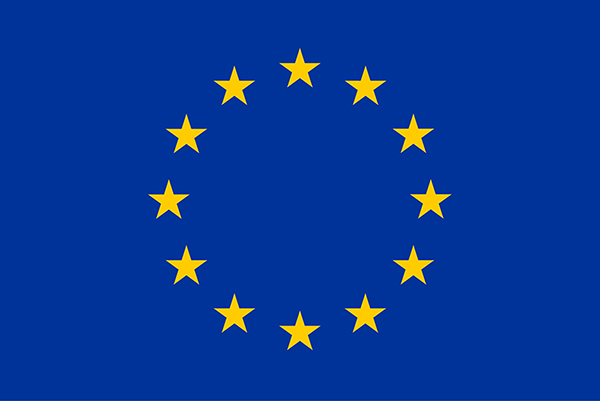An open call for youth-led actions aimed to advance the green transition
- 1. Introduction
- 2. Background
- 3. Objectives, Scope, and Activities
- 4. Timetable
- 5. Available Budget
- 6. Admissibility and documents
- 7. Eligibility
- 8. Exclusion
- 9. Financial provisions
- 10. Award Criteria
- 11. Visibility
- 12. Processing of personal data
- Download here the full Call for proposals description
- Download here the Application Guidelines
- Download here the list of eligible territories
- Download here the Participation Agreement
3. Objectives, Scope, and Activities
Objectives
The general goal of EUTeens4Green is to mobilise youth to take action in the green transition by implementing actions that will be financially supported in the regions identified in the preliminary analysis from the European Commission as relevant for investment by the Just Transition Fund of the European Union.
The call targets youngsters aged 15-24, groups of young people and youth associations from those territories willing to implement ideas that allow "less exposed people" to benefit from the green transition.
Scope
The proposed intervention aims to empower young people to become active actors in the sustainable transition and to alleviate socio-economic disparities in territories that are most in need (i.e. EU regions most dependent on fossil fuels or carbon-intensive industries).
The action targets precisely in the just transition regions ( see the map of eligible territories in section 7. Eligibility) those people that are "less exposed"2 to the benefits of the green transition or have fewer resources to identify the needs required to adapt to these challenges. "Less exposed people" are understood as target groups with limited awareness of the impact of the transition to a climate-neutral economy on their professional and private life and who at the same time have limited resources or opportunities to express their needs to be able to participate in the definition of actions for a sustainable transition.
EUTeens4Green -- A new generation of youth ambassadors for an inclusive green transition -- will allow communities lacking resources or opportunities to engage in actions that will better equip them for the challenges of the green transition.
This call will draw recommendations for further involvement of youth in EU Cohesion policy and in the decision-making process of the Just Transition Fund.
Activities
EUTeens4Green will support youth-led projects to help "less exposed people" ("less exposed people" are understood as target groups less exposed to the benefits of the green transition or with fewer resources or opportunities to identify the needs required to adapt to these challenges and be able to participate in the definition of actions for a sustainable transition) in the JTF regions be better equipped to face the challenges of the transition to carbon neutrality. Projects to be funded in the frame of EUTeens4Green may cover activities like the following (non-exhaustive list):
- Awareness-raising/communication activities
- Capacity-building actions (education, training, mentoring, events)
- Campaigning and advocacy activities
- Participatory processes aimed to engage with different groups of people
- Innovative solutions or pilots for testing innovative solutions
- Exchange of good practices
- Research
- Other activities in line with the scope of the action
Projects to be funded may include the following topics:
- Climate literacy training/promotion
- Promote sustainable urban areas
- Promote sustainable habits and consumption patterns
- Well-being and healthy lifestyles
- Actions to fight pollution and carbon footprint
- Sustainable agriculture, food habits, and seasonal food
- Intergenerational projects (or actions to foster connections between generations)
- Clean-ups, urban gardening
- Green mobility
- Social cohesion and Inclusion of minorities/underrepresented groups
- Training programmes on sustainable living, green skills ...
- Actions to promote gender parity and equity, inclusiveness, and diversity
- Improving mental health and well-being through activities connected with nature
- Projects on social-emotional/soft skills
- Methods to reduce carbon footprint locally (e.g. local transport, waste systems, etc.)
- Support for building skills for green jobs or new small business
- Other topics contributing to the green transition in JTF areas
Projects to be funded by EUTeens4Green may cover one or more activities and topics, provided that they clearly promote participation in the green transition of the target groups.
Projects are expected to be collaborative and have an impact on the community they are targeting. The project activities should be exemplary, innovative, experimental, and/or scalable to comparable actions/projects in other European countries and/or on another level (local, national, or another area).
Project Duration
The implementation of the projects should begin in 2023 and not exceed 12 months.
Support to awarded projects and what is expected from awarded participants
Selected applicants will be "Young Ambassadors for a just inclusive Transition" (hereafter "participants"). They will sign a "participation agreement" with the consortium to receive funding for their projects.
Participants will meet virtually to exchange with other selected project owners throughout the different phases of project implementation. Networking and engagement sessions will take place to facilitate interaction among participants via the project information portal. By doing so, participants will be able to connect with their peers, share personal experiences and discuss potential common challenges encountered across the roll-out of their own projects.
Local mentors will guide and support selected participants throughout their journey providing them operational, technical, or financial advice on any issue related to the implementation of the projects.
Participants should be able to communicate in English about their project when promoting their work through the project information portal.
At the end of their projects, participants will produce a short final report, explaining what they did, their results achieved, and what they learned.
_cropped.png)






